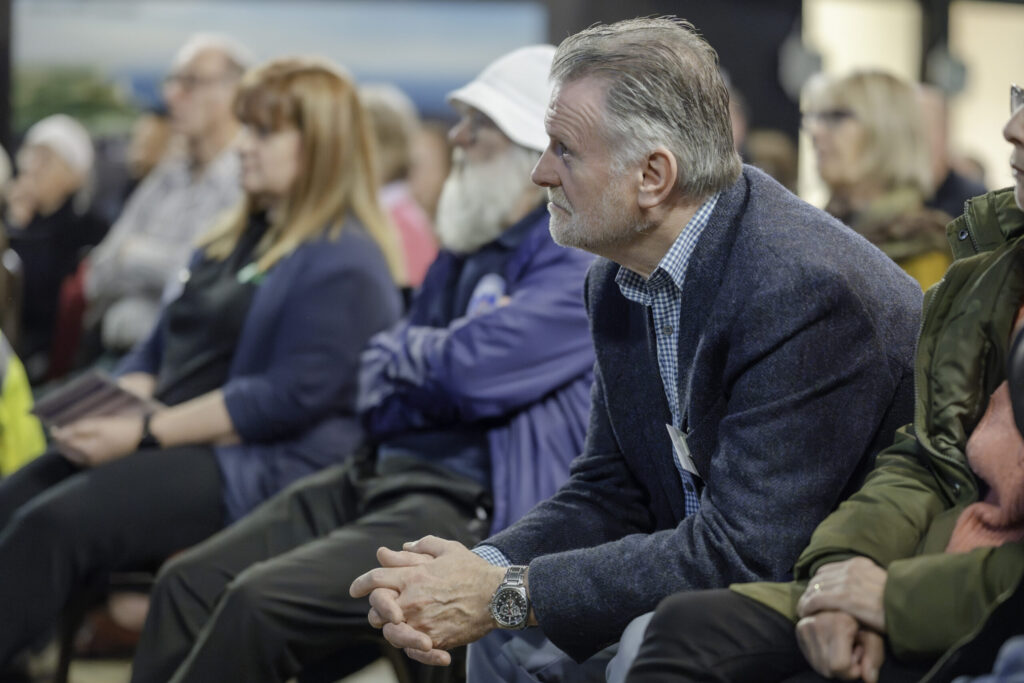South Copeland GDF Community Partnership would like to understand what is important to people in the Millom and Millom Without electoral wards when thinking about the future of their area.
The Partnership is gaining the views of local people to develop a community vision as part of its activities on the Geological Disposal Facility (GDF) programme.
To help support the development of this vision, the Partnership is interested in understanding how people feel about the South Copeland area, what they most value and what they might want to improve.
There are a few ways that local people can get involved. The first is by completing an online questionnaire: https://forms.office.com/e/Dy8WL7BauQ. There will also be future opportunities to complete this questionnaire via post and at local events.
The Community Partnership’s next event, a Community Forum on Tuesday 10 September at Thwaites Village Hall, Millom, will include a discussion on visioning. Please register to attend in advance at: https://southcopelandforums.gdfevents.co.uk/home.

Ged McGrath, Chair of the South Copeland GDF Community Partnership, said: “We’re interested in hearing a range of views as part of our visioning work and encourage people in South Copeland to make their voice heard as we think about what the future of our community could look like.
“Visioning activity has started by reviewing existing community plans, to understand the key themes that have already been identified, and we’re using these findings, as well as what we’ve learnt from our engagement with the public to date, to encourage further conversations.
“Our next Community Forum in Thwaites will look at this subject, and there’ll be more opportunities across the region in the months ahead. You can also share your opinion online or via Freepost return, with our next newsletter in November 2024.”
Nuclear Waste Services (NWS) are working with the Community Partnership to identify a community vision and what this might mean for the Significant Additional Investment package that will be made available to the community that hosts a GDF.
This investment would enhance the economic benefits that hosting a nationally significant infrastructure project could bring, and recognises the commitment that would be made by the host community.
The vision could, for example, include improved transport infrastructure, local education and skills provision, or services.
A GDF is an underground facility designed to safely and securely dispose of the most hazardous radioactive waste.
A GDF requires both a suitable site and a willing community. If a suitable site is found in South Copeland – a process which could take 10-15 years – a Test of Public Support would give people in the Potential Host Community a direct say over whether the project goes ahead.
